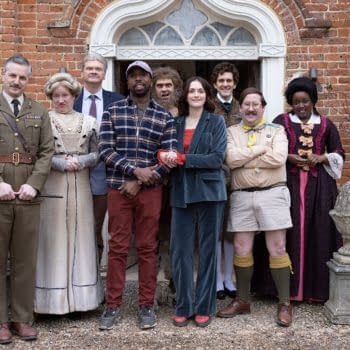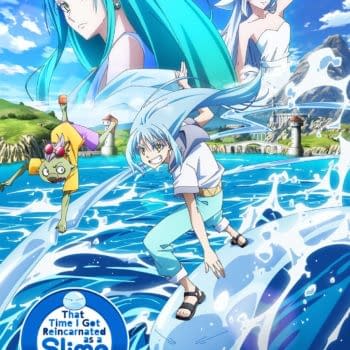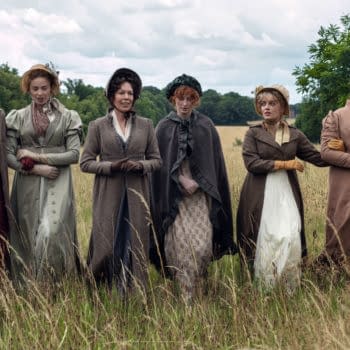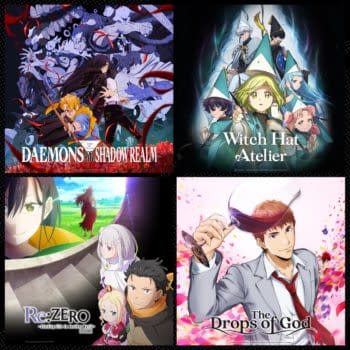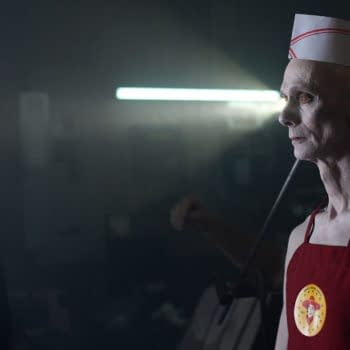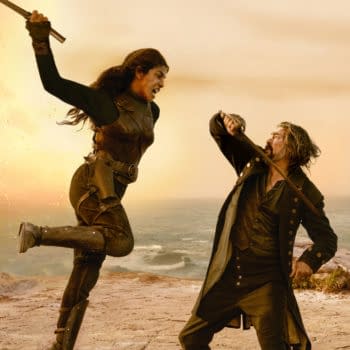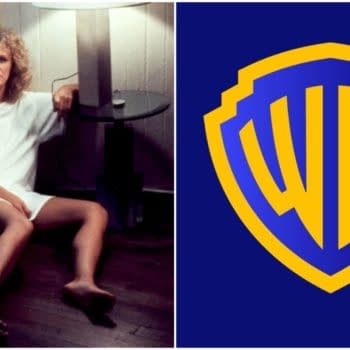Posted in: Horror, Movies | Tagged: 28 Days Later, alex garland, danny boyle, dawn of the dead, george romero, movies, night of the living dead, novels, resident evil, robert kirkman, shaun of the dead, The Living Dead, The Walking Dead, tv, zombi, zombie, zombie apocalyse
George A. Romero and the Invention of the Zombie as We Know It
The late George A. Romero's final zombie work is finally published this month. The Living Dead, a 700-page epic novel of the Zombie Apocalypse and the fall of civilization, had been unfinished when he passed away. However, his widow Suzanne Desorcher-Romero chose author and screenwriter Daniel Kraus to finish the book.
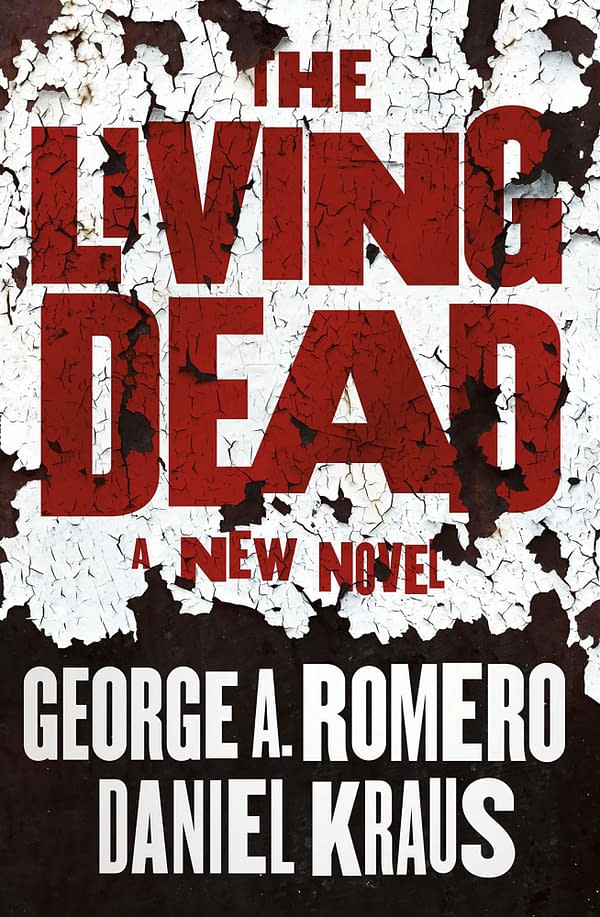
This book is a significant event in Horror and pop culture since Romero is the inventor of the zombie genre as we know it today. The Living Dead sounds like it may be Romero's last testament on the zombie apocalypse.
The Zombie Before Romero
The word "zombi" was first recorded in the English language in 1819 by poet Robert Southey's History of Brazil. Before Romero made Night of the Living Dead, nobody thought zombies ate human flesh. Zombies came from Haitian folklore. They were said to be corpses revived through voudoun magical rituals. In real life, what people thought were zombies were often living people who had been drugged to be mindless servants after incurring debts to powerful people. The drugs kept them docile and barely conscious, hence the term "wandering like a zombie." They served to shore up the mythology; a scary story told to children and superstitious locals to keep them in line. The term "zombie" was introduced to the West in 1929 by W.B. Seabrook's book The Magic Island, a sensationalistic account about voodoo cults and their revived slaves. From that point on, zombies showed up in Hollywood horror movies as mindless henchmen of bad guys. They weren't in many films at all during the first half of the 20th Century. The most notable movies were White Zombie (1932) with Bela Lugosi, and Val Lewton's I Walked With a Zombie (1943). Zombies made an appearance in Ed Wood's Plan 9 From Outer Space. None of them tried to eat people or their brains.
How Romero Invented A Whole New Genre
It wasn't until 1968 that Romero's Night of the Living Dead blew the doors open and dragged the horror genre out of the gothic mansions of Victorian England and into the American landscape of the 20th Century. The zombie apocalypse saw the dead infected by a pathogen that caused them to rise and shamble mindlessly towards the nearest living human to chomp on, what Romero and his screenwriter John Russo did was combine the zombie (after removing the magic as the cause of its resurrection) and the ghoul. Which was an undead demon originally from Arabic mythology that ate people and thus was the modern zombie born. Romero also established that the only way to kill them was to shoot them in the head, destroy the brain to cease all motor functions.
Romero also defined the new zombie genre in another way: he used it as a method for social and political commentary. All Horror stories tend to be social and political metaphors anyway, expressed in visceral pulp fiction. Night of the Living Dead was about racism and the civil rights protests. Dawn of the Dead was about the dead-end emptiness of materialism and American consumerist society. Once Romero hit upon that framework, all his zombie movies were explicitly sociopolitical commentaries. Even Robert Kirkman's claim that The Walking Dead had no subtext or theme was not true – the series is really about the tension between savagery and recreating civilization, between chaos and restoring order. That has always been the central theme of the zombie genre.
Ironically, Romero didn't refer to the living dead as zombies in Night of the Living Dead. He privately referred to them as "ghouls" and only called them zombies much later. It was when Dario Argento released his version of Dawn of the Dead in Europe under the title Zombi (with an electronic rock score by his band Goblin) that "zombie" came to be the label for the genre.
Romero's Legacy
Robert Kirkman's The Walking Dead would not exist if Romero had never made Night of the Living Dead or Dawn of the Dead all those years ago. There would be no Sean of the Dead without Romero's movies. Alex Garland and Danny Boyle's 28 Days Later would not exist without Romero's films, nor Shaun of the Dead. Entire decades' worth of cheesy Italian zombie movies and the current crop of Asian zombie movies and TV series would not exist without Romero. The Resident Evil games would not exist without Romero, and the makers would be the first to admit that.
The Living Dead sounds like it's going to be the War and Peace of the zombie genre. Daniel Kraus has gathered and collated hundreds of pages of Romero's notes, stories, writings, and timelines to create Romero's ultimate statement on his zombie apocalypse universe, a bit like Moses coming down from the mountain with the tablets. This sounds like hyperbole, but given that Romero singlehandedly invented the genre, he gets to have the last word on it from beyond the grave… or as organized by Daniel Kraus, anyway.
The Living Dead is out in stores on August 4th.




